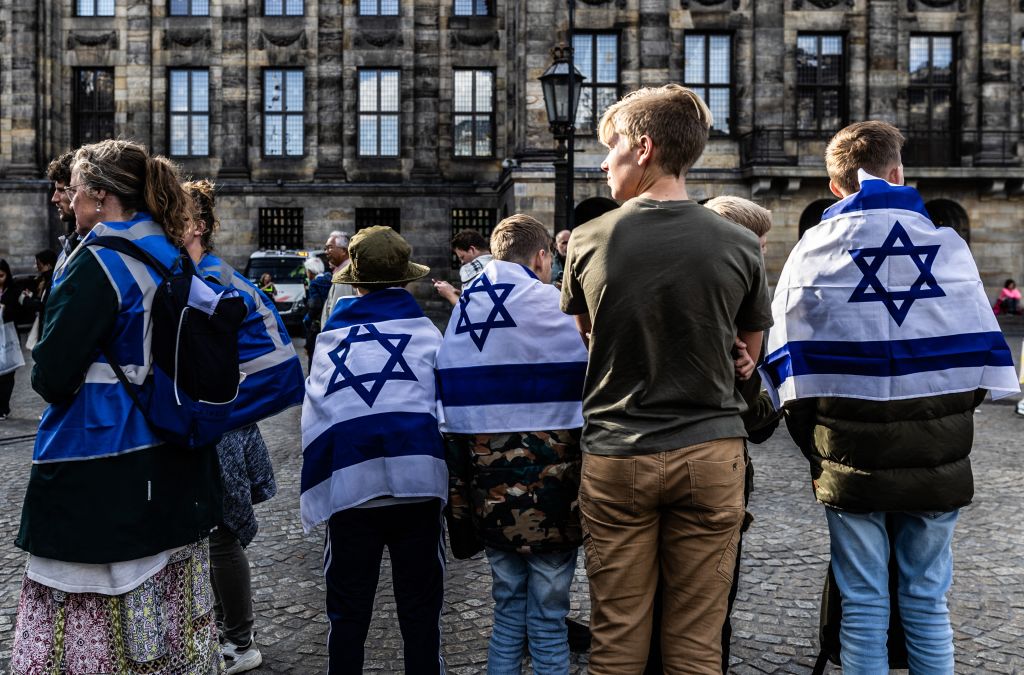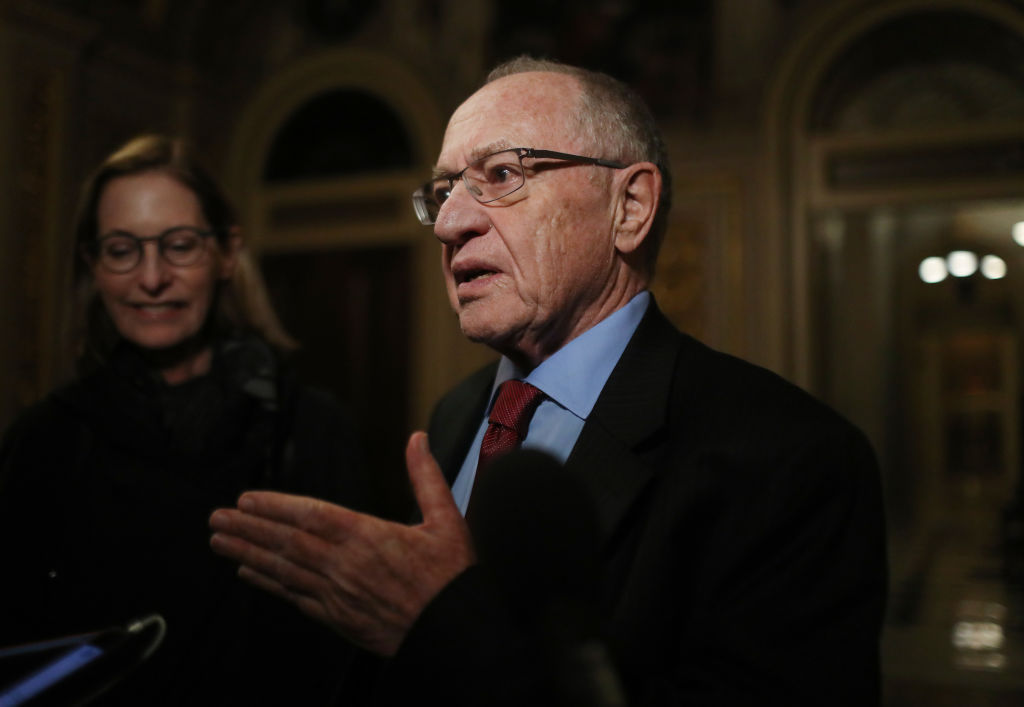Last night in Amsterdam, a scene unfolded that should send shockwaves across Europe: hundreds of Jews were hunted and beaten by mobs following a soccer match between Maccabi Tel Aviv and Ajax. Whether a spontaneous flare-up or organized assault, terrified fans were forced to jump into the city’s canals to escape violence. At least ten were injured, and three remain missing. As Israel dispatched emergency flights to evacuate its citizens, we must ask: how long until this happens in elsewhere in Europe?
The Netherlands must confront this issue immediately, not only for the safety of its Jewish residents and visitors but for the stability of its own society. The embassy of Israel in the US wrote that the attackers “proudly shared their violent acts on social media.” Who does that remind you of? The world has already witnessed this grotesque display from Hamas and Palestinian terrorists on October 7. Now, in Amsterdam, we see echoes of the same perverse pride in brutality.
The question isn’t whether what happened in Amsterdam could happen in London. It is when
Former Israeli prime minister Naftali Bennett called the attacks “a planned and organized pogrom.” The violence erupted as Jews in Europe were about to mark the eighty-sixth anniversary of Kristallnacht — a chilling historical irony highlighted by Deborah Lipstadt, the US special envoy to Monitor and Combat Antisemitism. She rightly noted that this incident occurred “two days before the grim anniversary of Reichspogromnacht in 1938,” when Nazi-sanctioned pogroms swept the German Reich. Now, in 2024, are we seeing the specter of such hate rear its head in Europe once more?
While the reaction from Israeli government figures to the violence in Amsterdam has been intense, it’s worth noting that incidents involving attacks on soccer fans are not uncommon during European matches. Violence, especially at high-stakes games, has been seen before involving European supporters. However, while these confrontations can be brutal, the targeted nature of the attacks on Jewish fans, coupled with the accompanying antisemitic rhetoric, distinguishes this incident from typical soccer-related violence and heightens its significance.
For those who say this is an isolated incident, look closer. The UK’s police forces have themselves admitted to inadequately handling the anti-Israel marches that swept through their streets. These protests, rife with antisemitic chants and rhetoric, were allowed to escalate unchecked under both Conservative and Labour governments. This failure isn’t just an oversight — it is a warning that Britain is dangerously close to allowing the same mob violence to happen there. Keir Starmer should take note: violence is not always carried out by “far-right” perpetrators against pure and innocent immigrants. It is an affliction that can originate from any extremist ideology. While racist attacks against immigrants are rightly dealt with swiftly, a different standard appears to be applied when Jews are the targets.
Consider the infamous chants calling to “globalize the intifada.” What does that mean if not exporting violent, anti-Jewish sentiments into other countries? The fact that such rhetoric is tolerated, even protected under the guise of free speech, speaks volumes about the selective indignation of our governments and law enforcement. This is not theoretical. When calls for “jihad” were heard in London, the response from the police was not arrest but a feeble attempt at theological discourse, debating the meaning of jihad rather than addressing its real-world implications. What happened in Amsterdam is the logical conclusion of allowing such things to go unchecked.
Gideon Sa’ar, Israel’s foreign minister, confirmed he was in contact with Dutch authorities, but local Jewish voices also reported that the police presence was insufficient, leaving Maccabi fans vulnerable once they left the stadium. Journalist Raz Amir captured the outrage of one fan who, injured and bloody at Amsterdam airport, said, “The Dutch police sold us so that the Arabs would lynch us.” This echoes Eli Beer, president of United Hatzalah, who stated, “This is happening in the heart of Europe, and it’s only the beginning.”
Itamar Ben-Gvir, Israel’s national security minister, issued a stark warning: today’s victims are Israelis, but “tomorrow it will be you Europeans.” His words may sound dramatic, but they hold an uncomfortable truth. Amsterdam’s failure to protect Jews isn’t just a failing of one city — it’s an indictment of Europe’s collective will to defend its Jewish communities against rising extremism.
In the UK, leaders must recognize that their responses to similar threats have been weak and inconsistent. The shadow of Amsterdam looms large over British society, a stark reminder that we must act decisively against all forms of racist violence. If we continue to apply double standards, excusing anti-Jewish rhetoric while condemning other forms of hate, we will find ourselves facing our own crisis sooner than we think.
The question isn’t whether what happened in Amsterdam could happen in London. It is when. And when it does, will they be prepared, or will they be issuing statements of shock and horror as they scramble to catch up? Jews won’t be singing “Imagine.” Many will be too busy leaving. The time for decisive action is now, before the warnings turn into reality.
This article was originally published on The Spectator’s UK website.


























Leave a Reply